
With the rise of vegan diets, protein is a hot topic in the health and nutrition press. Whether it’s a focus on how to avoid it or conversely how to ensure even more or indeed whether you should or shouldn’t be avoiding it, many find themselves on a rollercoaster of changing opinions and it’s easy to see how protein myths can embed.
Let me help!
I’ve taken 10 of the most common protein myths and explained exactly why they’re ones to believe or ignore…
-
You can’t get all your protein needs from plants
FALSE
One of the most common protein myths is that you cannot satisfy your body’s protein requirements on a plant-based diet. Some plant based foods and grains like soybeans and quinoa are “complete” proteins that provide all the essential amino acids your body needs. Furthermore, by combining a variety of plant-based foods, you can provide the body with all the amino acid building blocks to ensure your full protein requirements. -
I don’t need much protein as I don’t lift weights in the gym

FALSE
We need protein for virtually every process that takes place in the body. It is an important component of every cell in the body and a crucial building block for hair, skin and nails as well as muscle and cartilage. You also need protein to produce enzymes, hormones and neurotransmitters. As such, protein is an important component of a healthy balanced diet and should not be compromised. -
It’s fine to eat most of your protein at dinner

FALSE
The body is only able to use the protein it needs at any one time and it will continue to do so throughout the day, using the amount it needs from each meal and discarding the remaining protein. Thus it is better to provide the body with a small amount, spread out between each meal, rather than relying on one meal only. -
Chicken breast contains more protein than soya beans
FALSE
It is a common misconception that meat provides more protein than plant-based alternatives. However, soy beans as a complete protein, are an excellent source of protein and in fact provide more protein per 100g (36g per 100g) than a chicken breast (31g per 100g). -
Powders can substitute whole sources of protein entirely
 FALSE
FALSE
Many good quality supplement powders are fortified with an array of nutrients and can provide sufficient macro and micronutrients to satisfy the body’s requirements in the short term. However, a supplement will not provide the sufficient insoluble or soluble fibre the body needs to ensure healthy digestion. In time, compromised digestive health will lead to ill health and debilitating symptoms. You should always aim to eat a balanced nutrient rich diet mainly from whole foods, with powders used as a supplement rather than a replacement. -
Everyone should eat the same amount of protein
FALSE
The amount of protein we need will differ according to your personal health goals and lifestyle but also factors such as activity levels, age, muscle mass and current health status must all be considered. If you’re exercising regularly, you will have a higher protein requirement than someone who is sedentary and less if you are older for example. -
You need to combine proteins if you don’t eat meat
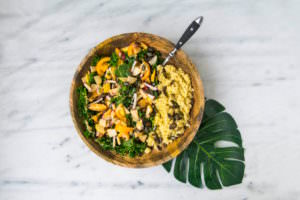
TRUE & FALSE
The body relies on 8 essential amino acids for function and these must come from the diet. From these the body can make up the remaining proteins, to make up to 22 in total. All animal proteins, including meat are complete proteins are provide the body with the 8 essential amino acids it needs. Some plant based proteins such as soy beans and quinoa are complete proteins, however, most are not and will contain some of these essential amino acids but not all. Therefore, consuming a variety of the protein foods will ensure a good combination of these essential amino acids so your body can make up the full range of amino acids. -
Eating protein makes you bulky
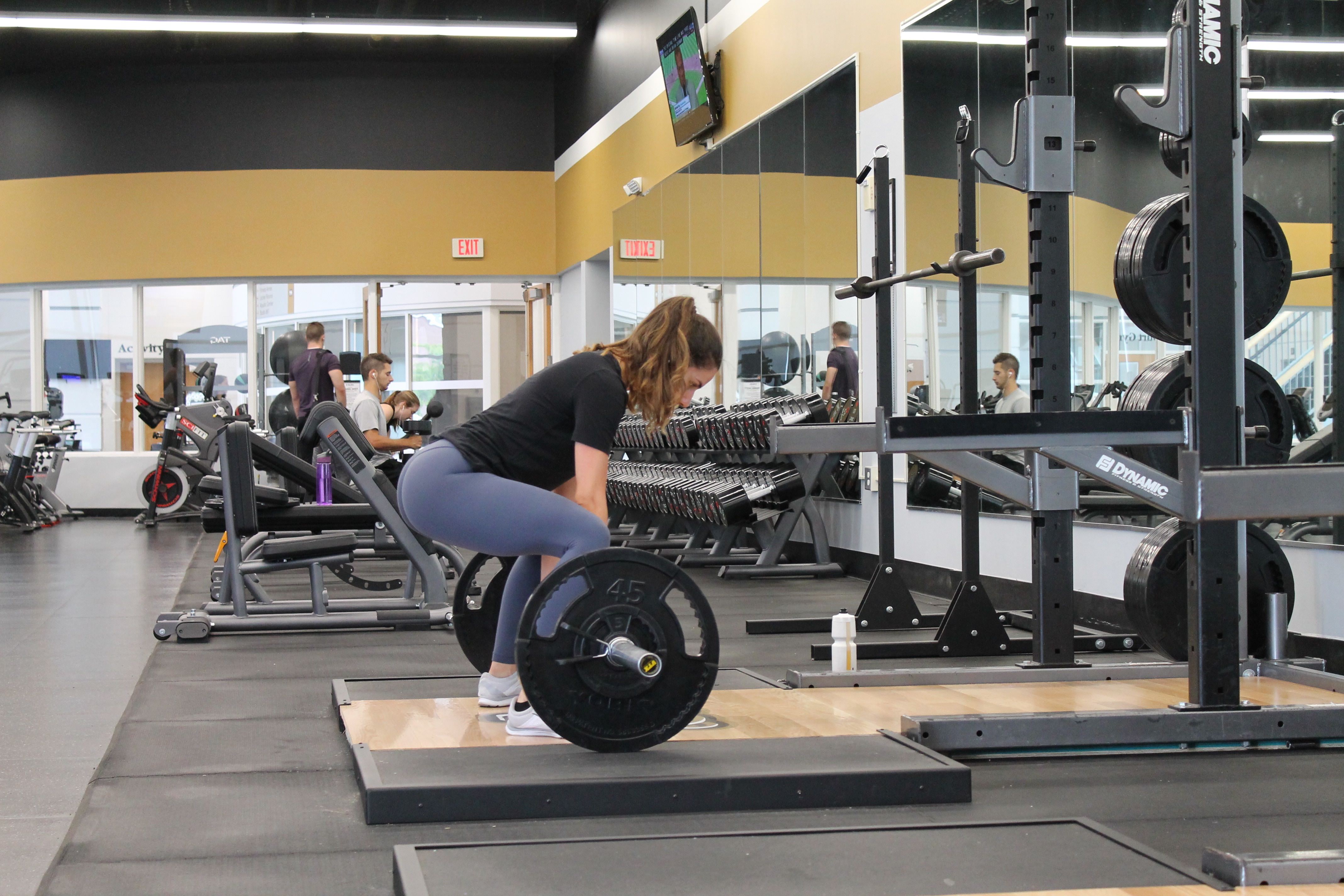
FALSE
Protein is often marketed as a body building nutrient, however it is not stored in muscle tissue. Furthermore, it will not be used to build muscle or size without many dedicated hours of resistance training to achieve results. It is actually very difficult to build muscle and even harder for women due to their hormonal profile. -
All protein bars are good for you
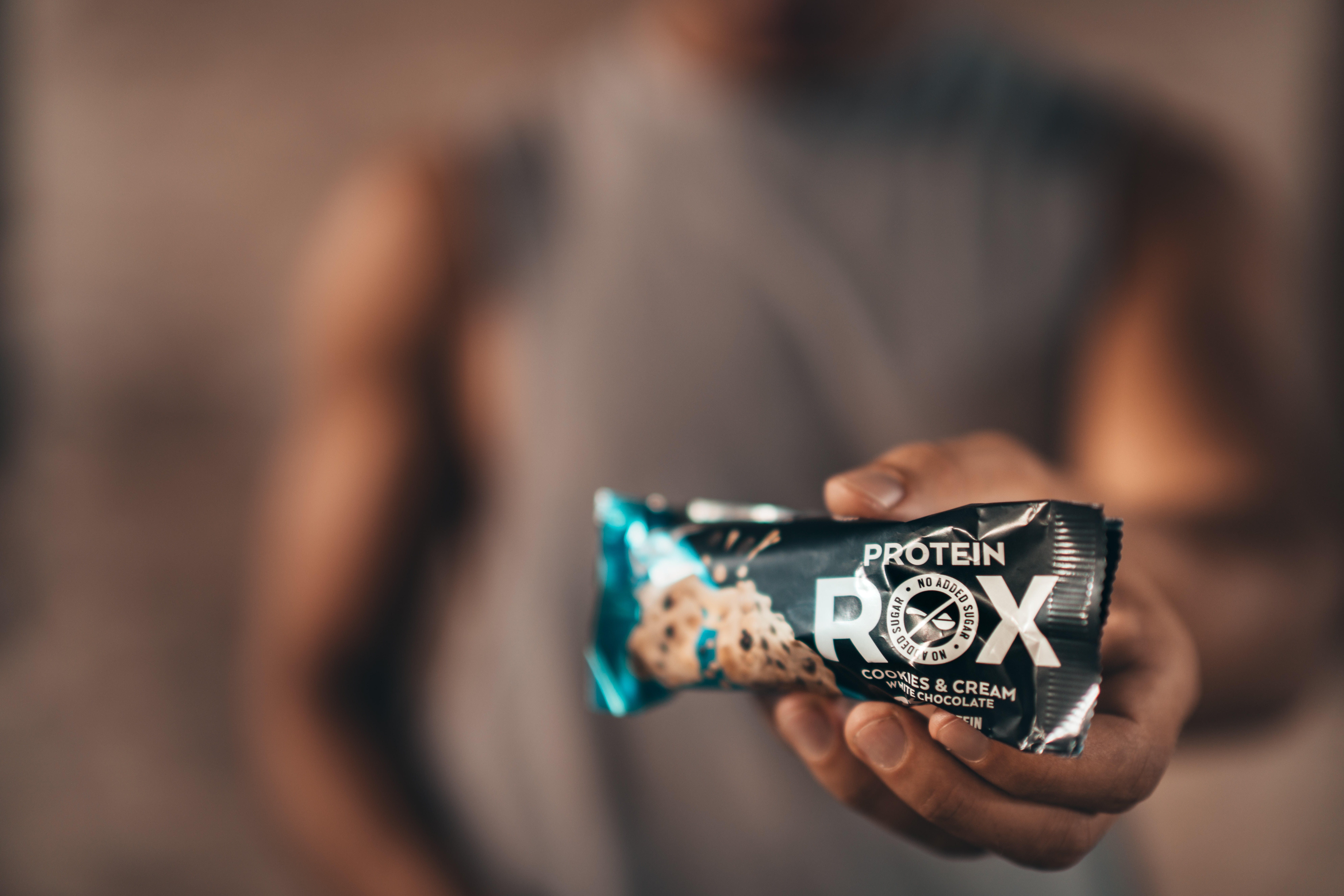
FALSE
Of the protein myths this one couldn’t be more false! The quality of protein bars varies enormously and can contain many hidden ingredients that can take it from a nutritious convenient meal or snack replacement to little more than a tasty candy bar! It is important to check the nutrition labels for ingredients ensuring that you are not consuming a bar full of preservatives, colourings and fillers that are high in sugar, low quality fat and minimal protein. -
You need protein immediately after a workout
TRUE & FALSE
Protein is important in repairing and building muscle following a workout and as such providing your body with a good quality protein snack or shake will ensure this process is efficient. However, research suggests that the timing of this snack is not as crucial and can be consumed before or after exercise. As long as you have consumed adequate protein throughout the day, your body will have sufficient building blocks to promote muscle recovery and repair.
Any other protein myths you’re confused about?
Let me know in the comments below.
Have you tried making your own Bircher Muesli? Here’s a great high protein RECIPE that you can tailor for your perfect protein choice.
I was consulted on these protein myths for an article that originally appeared in Healthista.com


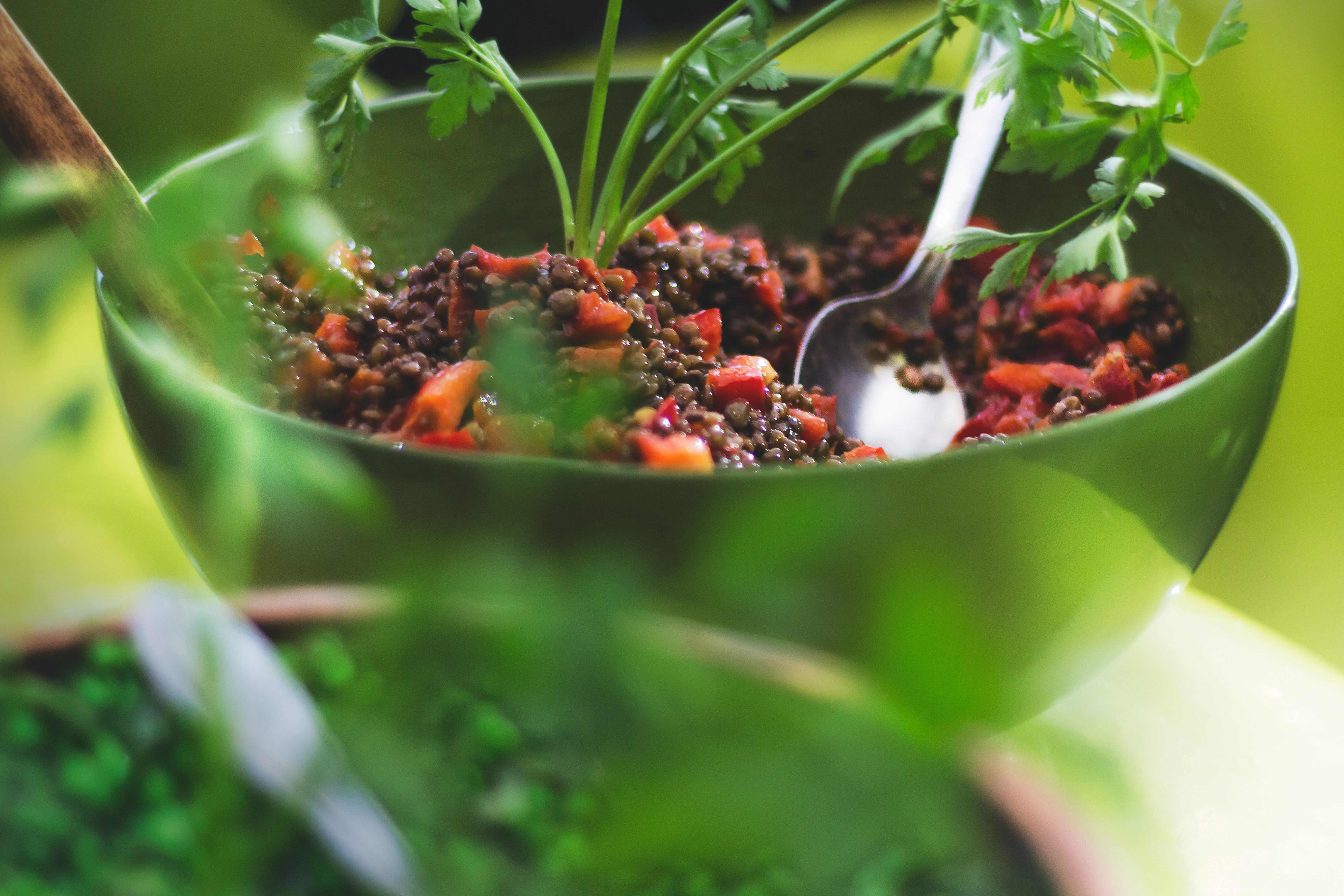
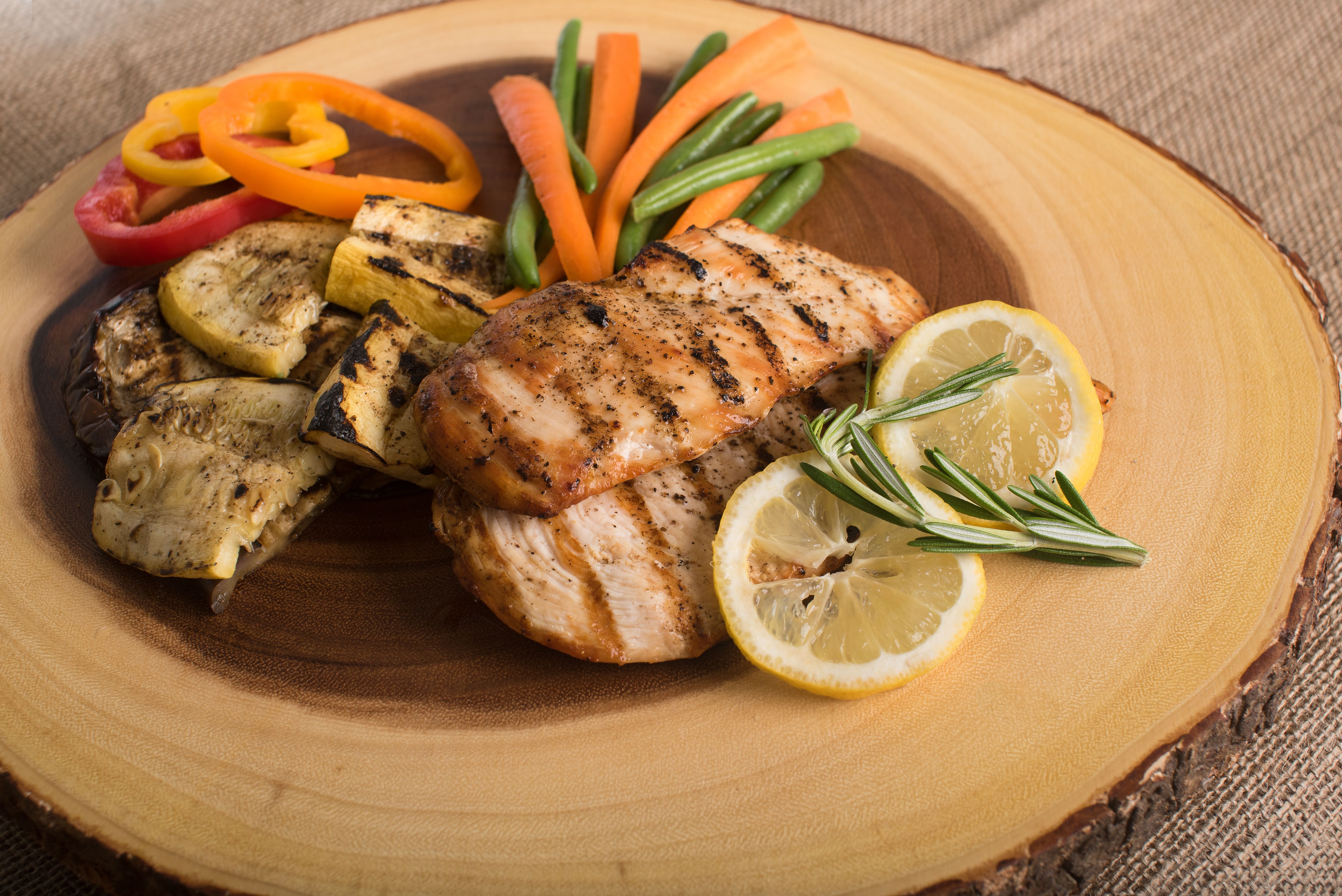
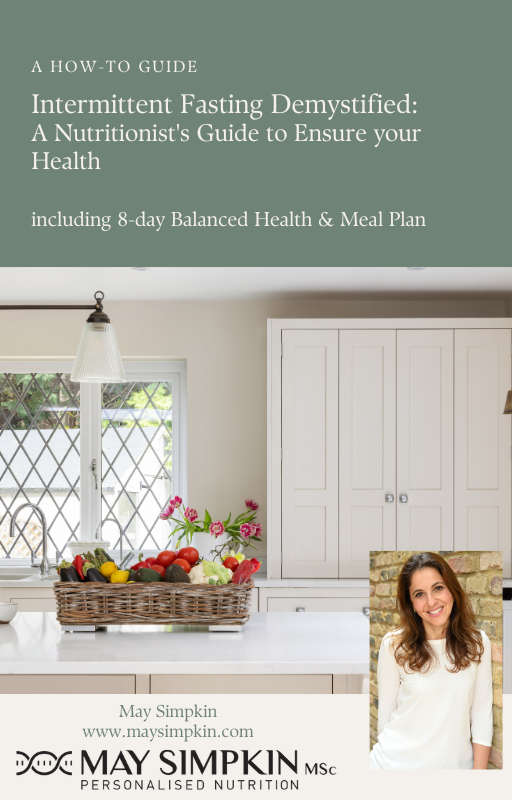


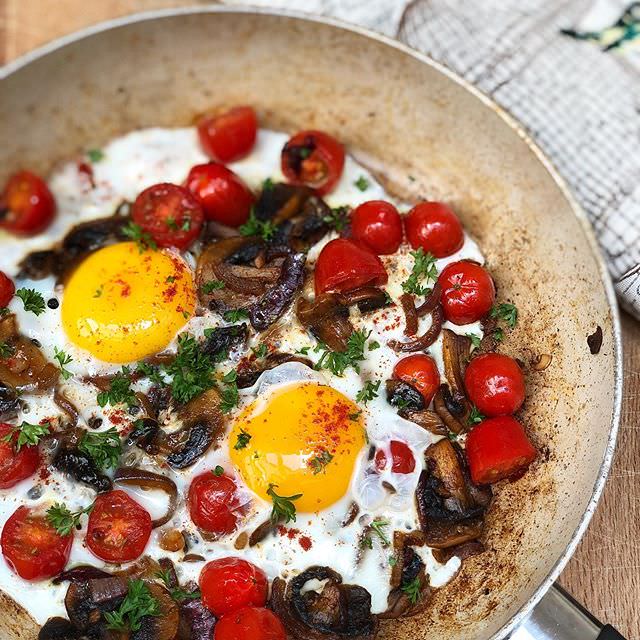


3 Comments
Miral
Protein from animal sources contains the full range of essential amino acids needed by the body.
Is it true or false?
May Simpkin
Yes, true
Curtis
Nice concise article on protein and amino acids. Amino acids play a big role in anti-aging.